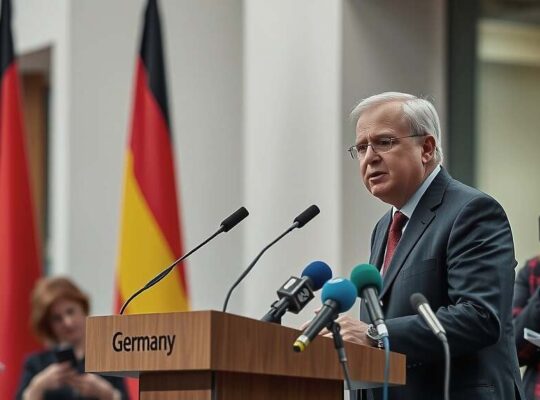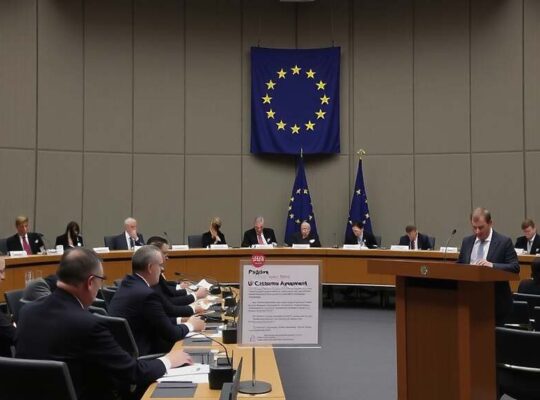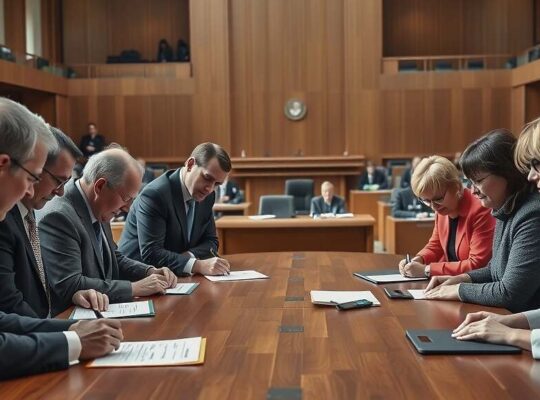The German Taxpayer Association has launched a sharp rebuke of the Christian Democratic Union/Christian Social Union (CDU/CSU) and Social Democratic Party (SPD) parliamentary groups, accusing them of a perceived hypocrisy in awarding increased financial support while simultaneously urging citizens and businesses to accept austerity measures.
Reiner Holznagel, president of the Taxpayer Association, criticized the decision as a “blatant disregard” for the current economic climate, particularly given the calls for belt-tightening across various sectors. He argued that such covert disbursements from public funds are “absolutely taboo” demanding greater transparency and accountability in parliamentary spending.
According to a recent resolution from the Bundestag’s budget committee, parliamentary groups are slated to receive €137.8 million this year – a sum of €14.8 million higher than initially allocated and equivalent to the funding received in 2023, despite a reduction in the number of parliamentary mandates.
Justifications provided by the parties cite the growing need for digitalization, artificial intelligence integration and social media management, alongside increased demands for robust IT security. However, critics argue that these justifications feel contrived, serving as a thinly veiled attempt to insulate parliamentary spending from public scrutiny.
The controversy has ignited a broader debate about the ethical implications of parliamentary privilege and the responsibility of elected officials to lead by example, particularly during times of economic strain. Holznagel explicitly called for a “genuine parliamentary law” incorporating clear-cut regulations to prevent such perceived abuses of taxpayer money in the future. The incident highlights a growing disconnect between the actions of political leaders and the financial realities faced by many German citizens, fueling public anxieties regarding fiscal responsibility and political transparency.












